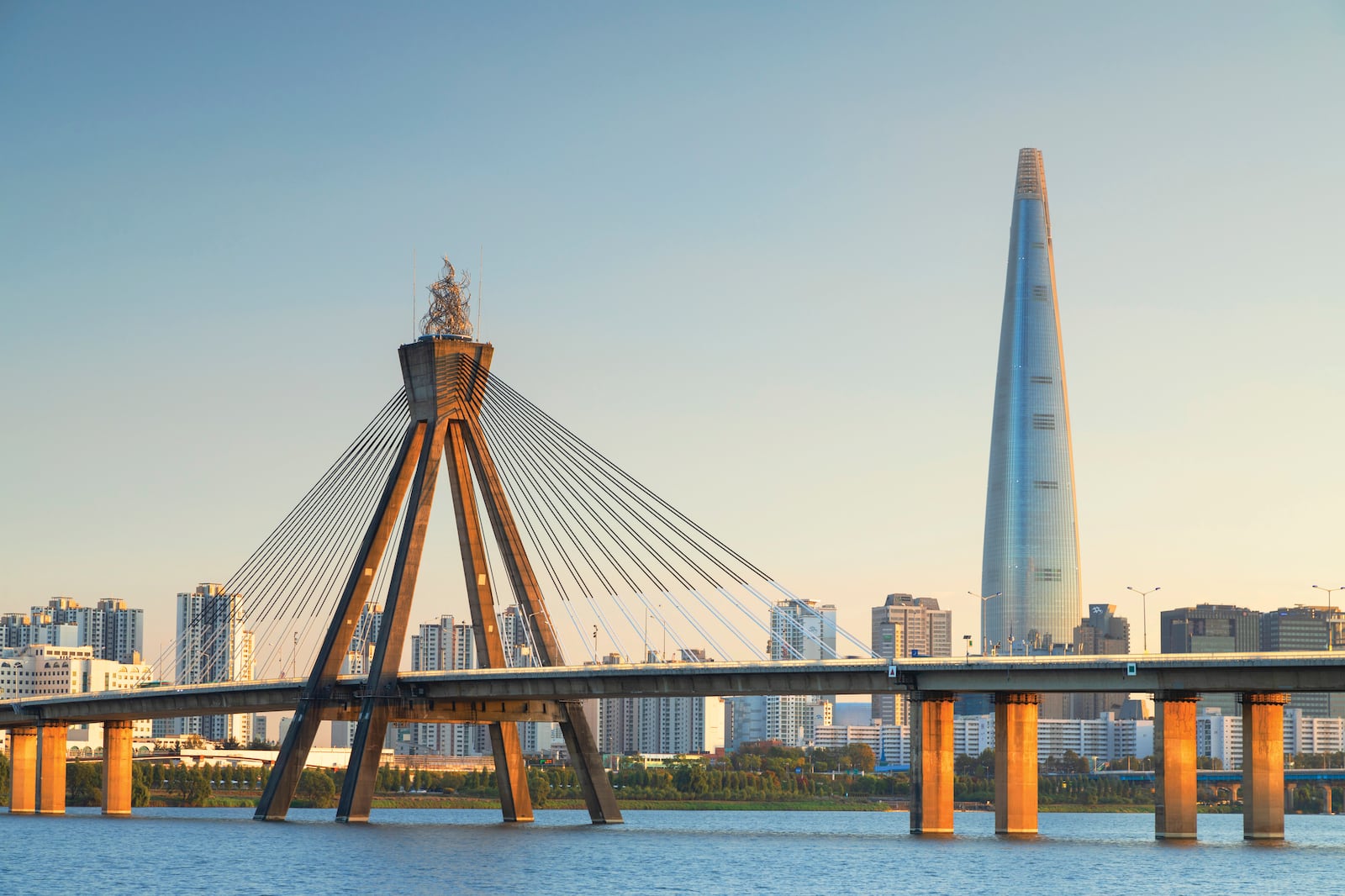This story appears in the October 2025 issue of Utah Business. Subscribe.
Culinary diplomacy takes flight
“My goal has always been to share Korean food, language and culture. … I actually started teaching the Korean language five years ago at our restaurant. Over the years, I’ve taught over 300 students and have taken [them on] three trips to Korea. … My goal is to continue teaching those who are interested in learning about Korea and to continue with our trips.
Each month, we import about 3,000 pounds of goods from South Korea. Already, I’m seeing new products that are being introduced to Utah, and am excited for a variety of products that we can potentially sell.
When Delta announced that it would have a direct flight to Korea, it blew my mind. This is the biggest win and a huge blessing for Utah. It’s going to be a lot easier to go to Korea, as we do a lot of market research and product development, and it’ll be easier to take our students to and from Korea. I’m excited for the many doors this will open for Utah, and I’m also excited for future business opportunities and partnerships that come our way.”
President & Co-Founder, Yummy’s BBQ & Sushi
Director, Korean American Chamber of Commerce
The tourism equation
“The establishment of the new nonstop flight from Salt Lake City to Incheon is driven by several key factors that align with Utah’s economic development and global positioning. Our primary goal is to attract international visitors from Korea, China, Japan and other parts of Asia who spend more time and money in Utah, driving the flight’s long-term success. In 2024, international visitors contributed $999 million in direct visitor spending, and they typically spend 42 percent more than domestic visitors. This international spending diversifies Utah’s economy and supports sustainable growth.
We collaborate with partners like the World Trade Center [Utah] to maximize the flight’s impact by leveraging their expertise in economic development and international trade. Our combined efforts create a comprehensive strategy that showcases Utah as both a premier tourist destination and a global hub for business and trade. This collaboration between tourism and trade ensures that the flight serves as a key economic driver. Looking ahead, these efforts are laying the groundwork for a sustainable and balanced visitor economy by establishing Utah as a major destination on the global stage.”
Global Markets Director, Utah Office of Tourism
Campus connections shrink the Pacific
“[The flight] really links these two [University of Utah] sister campuses closer together. The fact that we’re able to promote the flight … connecting the two campuses even closer than they already are, is just a huge benefit. [Students] could literally be in Korea in 12 hours directly from Salt Lake City.
For some students, this may have never even been a thought, but now it becomes a reality. … It allows them to start saying, ‘Maybe I can do this.’ It supports not just the educational side but also the cultural exchange because it’s not just about U.S. students going to Korea. We have a ton of Korean students who are on the [U Asia Campus] as well. … They get to experience Salt Lake City, Utah, and everything they have to offer while being a student on [the Salt Lake City] campus, too.”
Assistant Director of International Admissions, The University of Utah Asia Campus
The business of building bridges
“Business development is largely about bringing people together. You can direct it a little bit and open the door, target your introductions and so forth. But really, for something to take place, [people] need to talk. There needs to be a meeting of the minds. There needs to be a common vision of how two groups can work together.
That is our challenge: To get international companies to grow in Utah. … We want them to think of Utah as a good place to establish their U.S. headquarters, their base of operations to grow. We are a hidden gem. We need to educate them about it, and then it sells itself. So that is our strategy — to raise awareness and create that connectivity.
We have a team on the ground [in Incheon], and they’re bringing companies to Utah. Is that easier because there’s a flight? Of course. And in time, we’ll … build momentum as people see that it’s easier to do business between Utah and Korea because of that flight.”
COO & Managing Director of Business Services, World Trade Center Utah
Sister cities, global opportunities
“I’m working with the special advisors for Cottonwood Heights, for the city council and the mayor [to build] the Korean relationship. We went to visit Incheon last year to sign the sister city MOU (memorandum of understanding). Since we have the sister city [relationship], we have the [University of Utah] Asia Campus in Incheon, and there are a lot of reasons that it works.
Incheon is not just a small city in Korea; it’s an international city. They have four or five [international] universities in Songdo, and they focus on biotech. The Korean market is huge. … There’s a big opportunity to bring more [business] to Utah.”
— Kay Choi
Director, Korean American Federation of Utah

